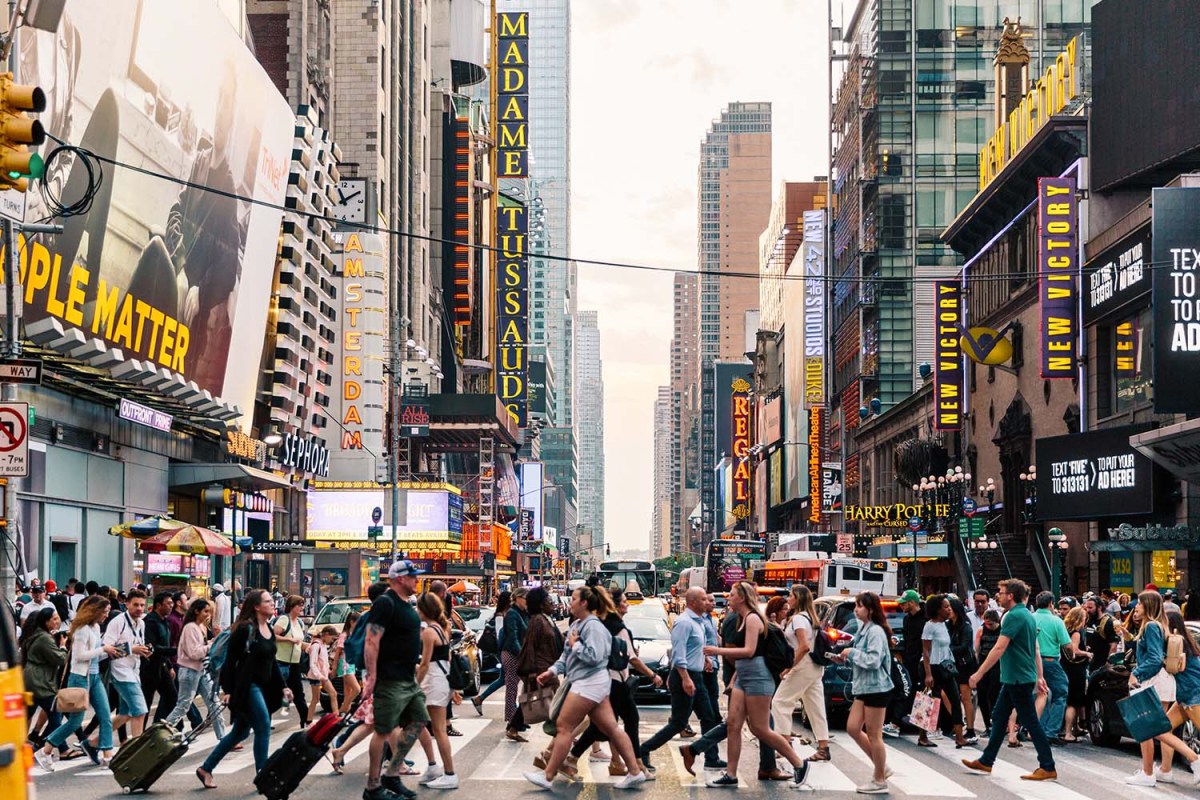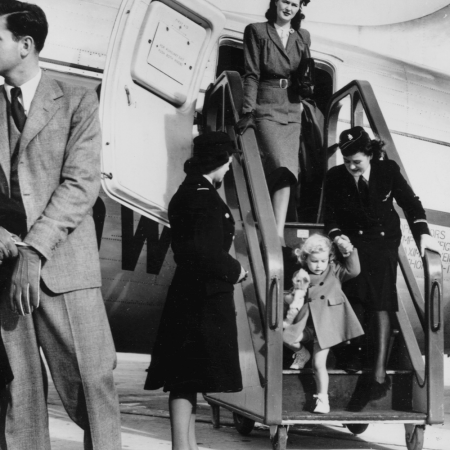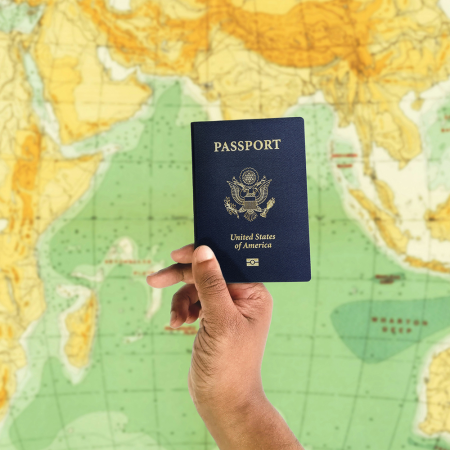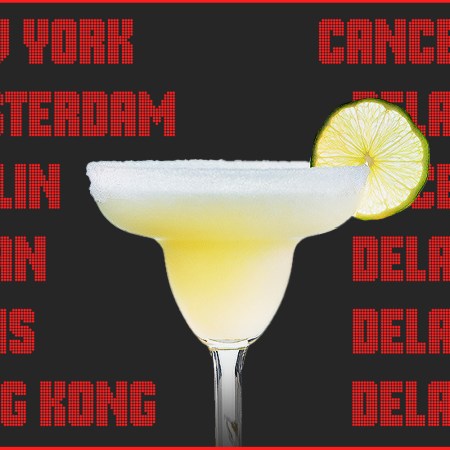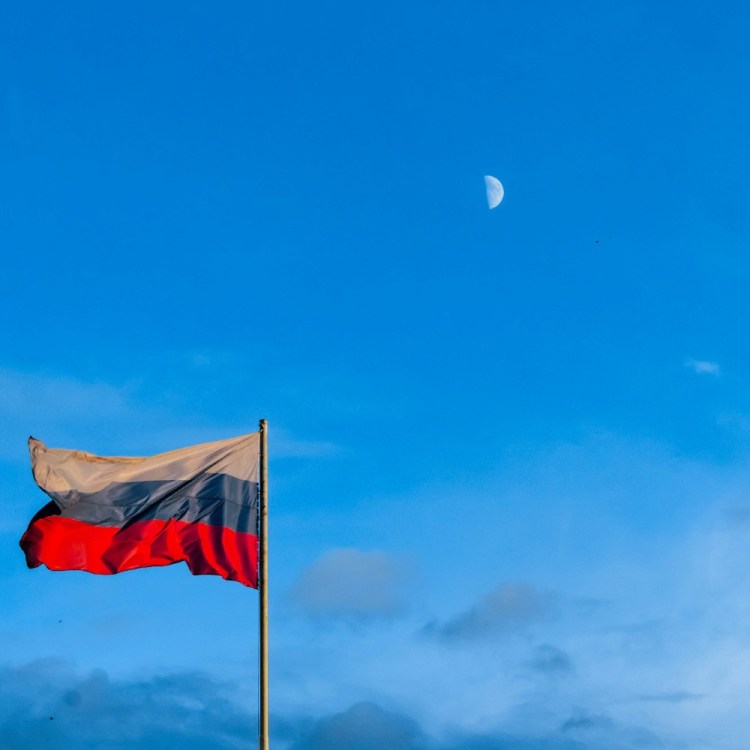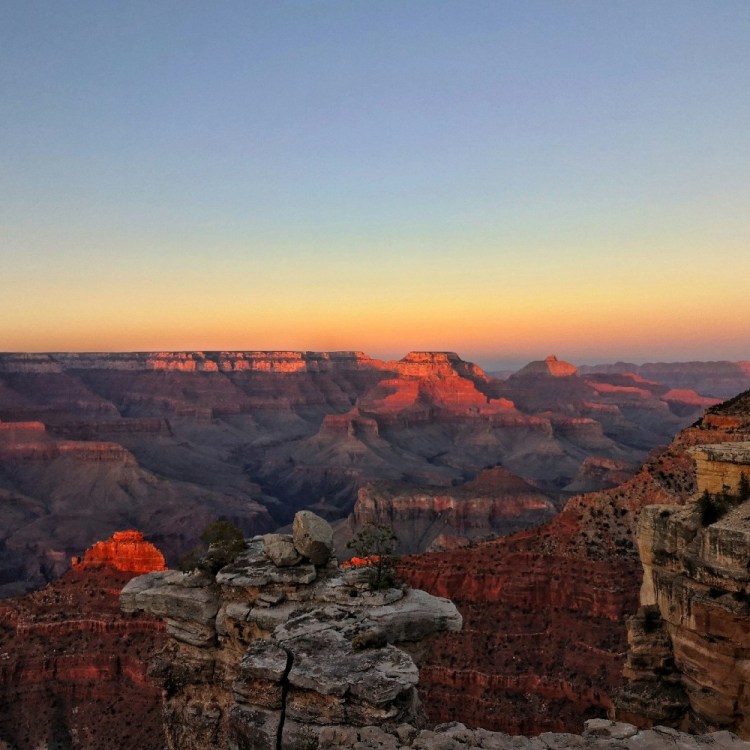Thanks to the implementation of hybrid work models, and increase in remote working at large, New York City is losing over $12 billion in worker spending, per Bloomberg News. And despite urging from city officials, it seems unlikely that the majority of workers will be returning to office in a pre-pandemic capacity. At least not to the tune of $12 billion.
While worker spending has dwindled, tourist spending is alive and well, per a new report from Skift. In fact, according to the World Travel and Tourism Council (WTTC), New York’s tourism sector is projected to rise in value from from $12.4 billion to a whopping $21.73 billion over the next 10 years.
“Tourists are making up for some of the worker spending gaps. In New York, tourist spending in downtown Manhattan at restaurants, museums and other businesses is making up for shortfalls,” Dawit Habtemariam writes. It’s not a phenomenon specific to New York, either.
“In February, office vacancy hit a new post-pandemic record for Washington D.C., New York, San Francisco, Philadelphia, and six other large U.S. cities, at 50.4%,” Habtemariam adds.
A New Study Showcases a Hidden WFH Benefit for Workers and Employers
According to the National Bureau of Economic Research, working from home can actually help everyoneNot-so-coincidentally, those cities are also increasingly leaning on rising tourism — a safe bet, given that, per the new Economic Impact Report from the WTTC, the tourism industry is 95% recovered from the pandemic and is set to generate $9.5 trillion in 2023 — just 5% less than 2019’s pre-pandemic levels, which, as Travel Pulse notes, is when travel was at its highest. Further, about 34 countries have already exceeded 2019 levels.
Of course, an influx of tourists — albeit central to the recovery of many local economies— is not always an objectively good thing. According to the Good Tourism Institute, overtourism frequently leads to overcrowding; isolation of, and cultural divide between, locals; and pollution, among other things. Plus, the conversion of housing to short-term rentals can lead to a decrease of the former for residents, as well as a spike in affordability.
On the flip side of that coin, though — as someone who works on the fringe of Times Square — a decrease in workers in traditionally highly-trafficked tourist areas isn’t a bad thing, either. Plus, as Habtemariam posits, it’s also driven (presumably much-needed) business to smaller, residential neighborhoods where said workers live and now spend exponentially more time.
Thanks for reading InsideHook. Sign up for our daily newsletter and be in the know.
